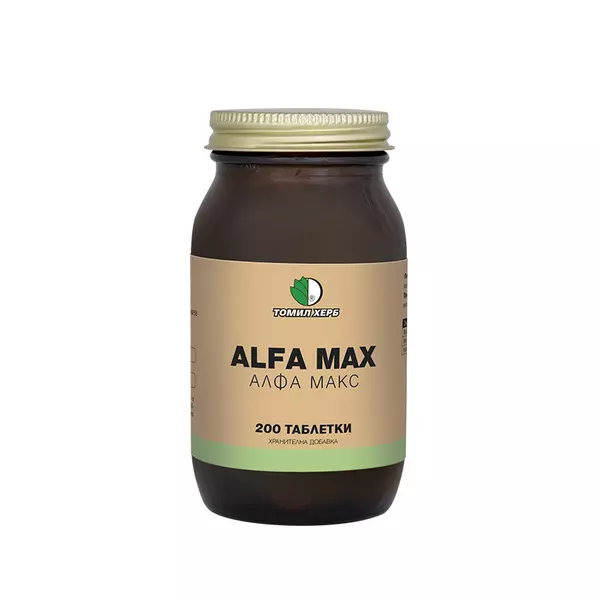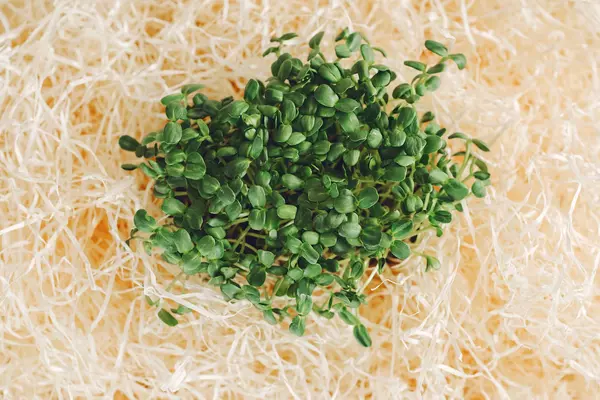How does it work?
Alfalfa (Medicago sativa) has been used in folk medicine for many years due to its valuable medicinal properties. Modern scientific research proves that its leaves and aerial part contain large amounts of beta-carotene, vitamins B, C, D, E and K, minerals - potassium, iron, calcium and phosphorus. The last two minerals are important for the development of the bone system and teeth. Alfalfa has a strong detoxifying effect due to its chlorophyll content.
Alfalfa can be successfully used in cases of acute and chronic diseases of the gastrointestinal tract - gas, ulcers and loss of appetite. This is due to the high content of vitamin U. The alkalizing effect of alfalfa effectively neutralizes hydrochloric acid, which is supported by the presence of magnesium in modern products. Alfalfa also contains active antimycotic agents, thus supporting the action of Acidophilus, it is a good laxative, natural diuretic. Alfalfa improves the absorption and assimilation of carbohydrates, proteins, calcium, iron and other trace elements. Its extracts are especially useful for the elderly, as they strengthen the immune system, slow down the aging process, increase physical strength and vitality, and have a beneficial effect on insomnia.Alfalfa is used in the treatment of chronic and acute diseases - cystitis, prostatitis, rheumatic diseases, to stimulate lactation. Its action is slow but long-lasting. It contains high doses of fat-soluble vitamins that can accumulate. Alfalfa has been called "the great healer" - this plant contains 8 essential enzymes. 100 grams contain 8,000 IU of vitamin A and 20,000 - 80,000 IU of vitamin K. The latter improves the condition of hemophiliacs, blood coagulation and prevents extreme blood loss during menstruation. Increased vitamin K intake may help people suffering from frequent nosebleeds.
How and how much can be taken?
3x1 or 2 tablets daily after meals.












